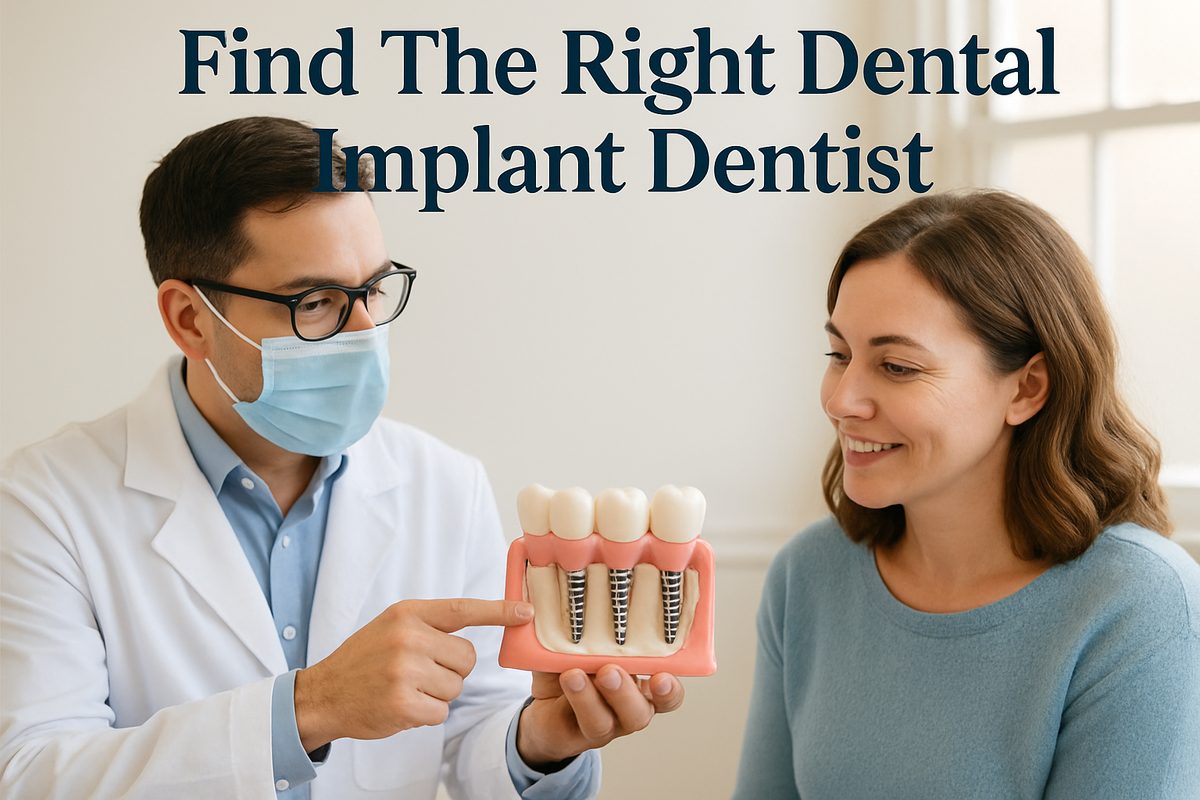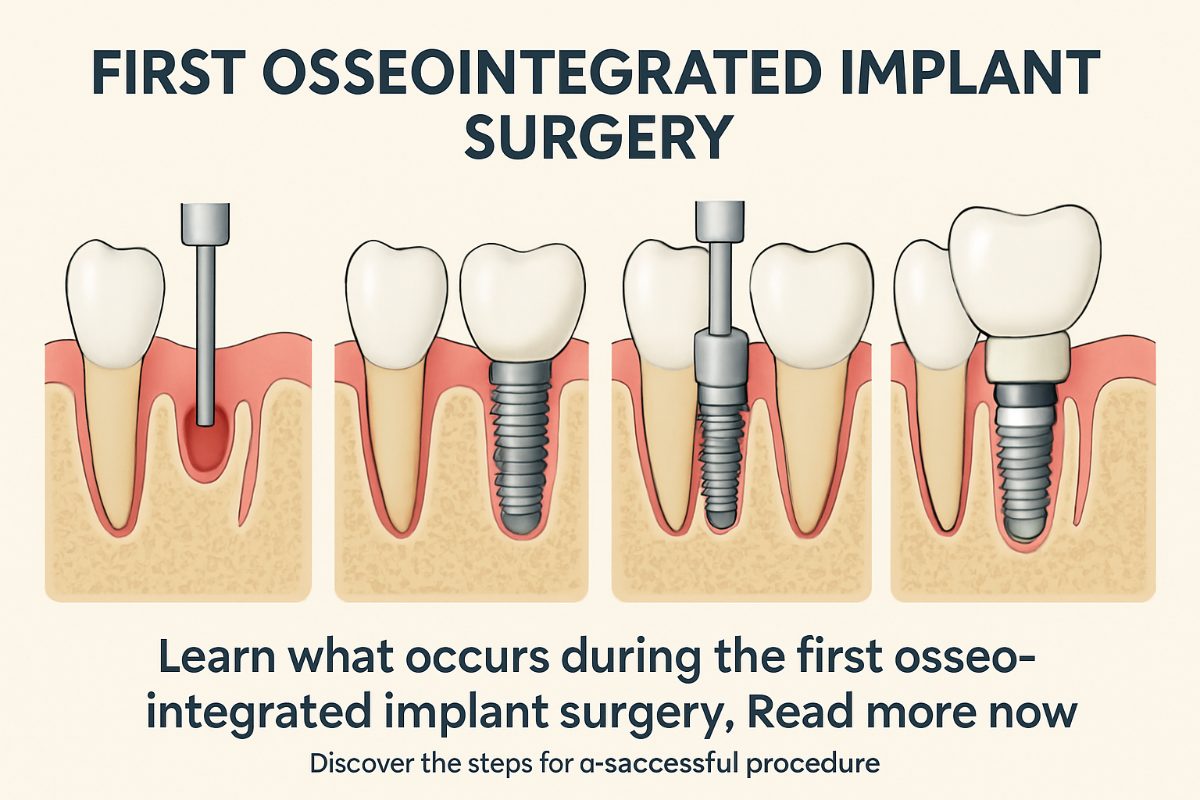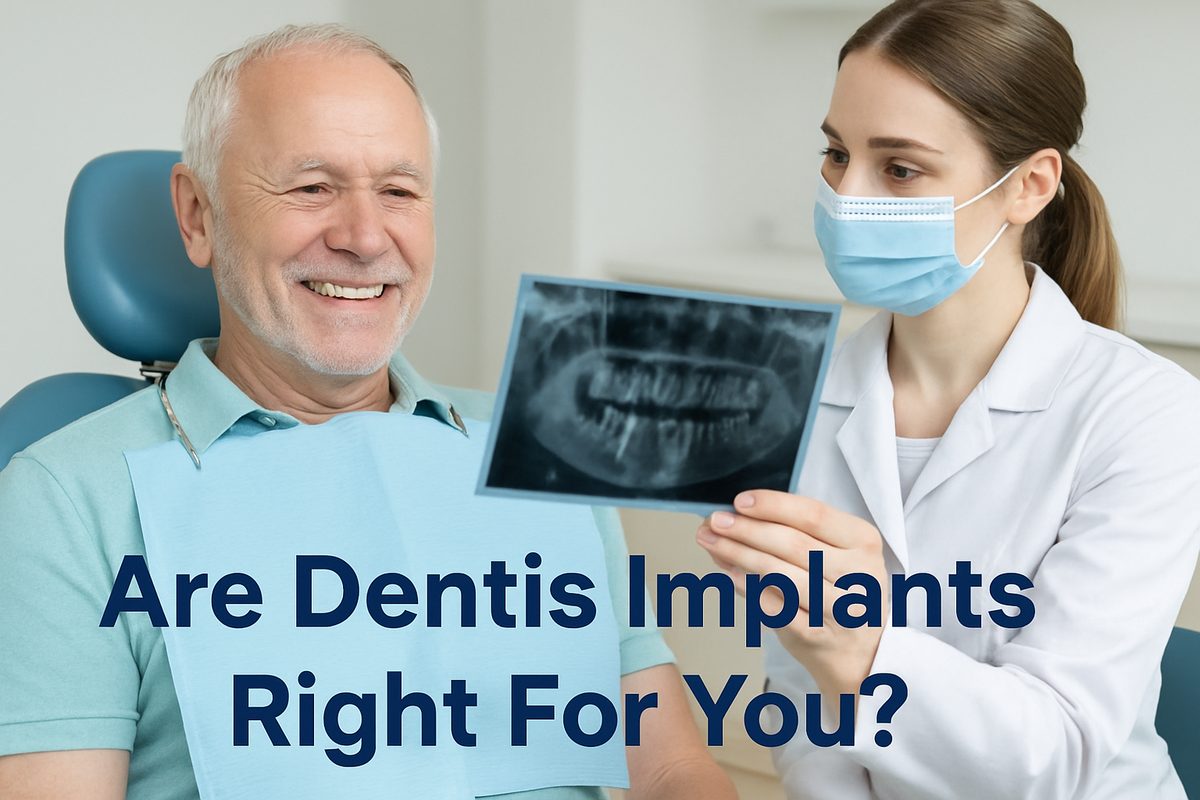Our Dental Blog - Radcliff, KY
Tips, Facts, And The
Latest In Dentistry

Find Top Dentists That Do Dental Implants Near You

If you’re searching for dentists that do dental implants, this post will help you find qualified providers, explain what implants do, and show what to look for in a good implant dentist. Dental implants replace missing teeth with stable, long-lasting posts and restorations. Read on to learn how implants work, common treatment types, how to vet providers, what to expect at a consultation, and options for paying for treatment.
Why choose dentists that do dental implants in Radcliff, KY?
Dental implants restore chewing power, prevent bone loss, and often look and feel like natural teeth. They are more stable than removable dentures and can preserve facial structure by keeping the jawbone healthy. People who lose teeth from injury, decay, or disease often choose implants for single teeth, multiple teeth, or full-arch replacement. Choosing experienced dentists that do dental implants in Radcliff, KY can improve outcomes and reduce the chance of complications.
How dental implants work — a simple overview
The implant post and osseointegration
An implant is a small titanium post placed into the jawbone. Over weeks to months the bone grows tightly around the post in a process called osseointegration. That firm bond creates a stable foundation for replacement teeth and acts much like a natural tooth root.
Abutments and final restorations
After the implant integrates, an abutment connects the post to the final restoration. Final restorations include crowns for single teeth, bridges for multiple missing teeth, or implant-supported dentures for full-arch replacement. These restorations are shaped and shaded to match nearby teeth and restore function.
Common types of implant treatments offered by dentists that do dental implants in Radcliff, KY
Single-tooth implants
A single-tooth implant replaces one missing tooth with a crown on an implant post. It preserves adjacent teeth because no bridge work is needed.
Multiple implants and implant bridges
When several teeth are missing, implants can support a bridge. This avoids removing healthy tooth structure and gives a strong chewing surface.
Implant-supported dentures and full-arch restorations
Implant-supported dentures attach to several implants for a secure fit. Full-arch restorations, like All-on-4 style treatments, can replace all teeth on an upper or lower jaw with fewer implants.
Zygomatic implants for severe bone loss
For patients with significant jawbone loss, zygomatic implants anchor into the cheekbone. This option can avoid lengthy bone grafts and restore function for patients who were told implants weren’t possible.
How to evaluate dentists that do dental implants
Training, credentials, and experience
Look for clinicians with advanced training in implant dentistry. Residencies, fellowships, masterships, and memberships in recognized groups (for example, the American Academy of Implant Dentistry or the Academy of General Dentistry) are good signs. Ask how many implants they place each year and whether they handle the whole case or refer parts to specialists.
Before-and-after photos and patient reviews
Ask to see before-and-after photos of similar cases. Read patient reviews and ask about long-term results and satisfaction. Photos and reviews show real-world outcomes and help set realistic expectations.
In-office technology and lab capabilities
On-site 3D imaging (CBCT), digital scanning, guided surgery, and an in-house dental lab speed care and improve fit. Guided surgery helps with precise placement; an in-house lab can speed crowns and repairs while maintaining quality.
Comfort options and sedation
Ask about sedation choices. IV sedation and oral sedation can make long or complex procedures more comfortable. For anxious or lengthy cases, IV sedation is common and safe when provided by trained staff.
What to expect at your first implant consultation
At the first visit expect a full exam, 3D scans, and a discussion of your medical and dental history. The dentist will explain treatment options, timelines, and whether bone grafting is needed. You should get a clear written treatment plan, a timeline for surgery and restoration, a list of risks, and a cost estimate. Good practices also discuss follow-up care and maintenance.
Costs and financing for implants
Major cost drivers include the number of implants, need for bone grafts or extractions, the type of restoration, and the clinician’s experience. Implants placed by highly trained providers can cost more but often reduce future complications. Common payment options include PPO dental insurance that covers part of the restoration, CareCredit, third-party medical financing, and in-house payment plans. Always ask for a written estimate and compare payment plans.
Generations Family Dentistry — implant care overview
Generations Family Dentistry, Radcliff, KY offers implant-focused care with an in-house, state-of-the-art dental lab and IV sedation for complex or anxious patients. The practice provides single implants, implant bridges, full-arch restorations, and zygomatic options for severe bone loss. Dr. Darren Greenwell (DMD, FACD, FICD, MAGD) brings advanced general dentistry and extensive implant experience. Dr. Brooke Shelton (DMD) provides patient-centered care with orthodontics-related expertise. Generations accepts PPO plans, offers CareCredit, and flexible financing to help patients move forward with treatment.
How to take the next step
Gather your questions, recent dental records or x-rays, and a list of medical conditions or medications. Compare two or three implant dentists, request consultations, and ask to see similar case photos. During consultations confirm training, technology, timelines, sedation choices, and financing. To schedule a consult with Generations Family Dentistry, call their office during typical business hours (Mon–Fri, 8:00 AM–5:00 PM) to book an appointment and discuss options.





